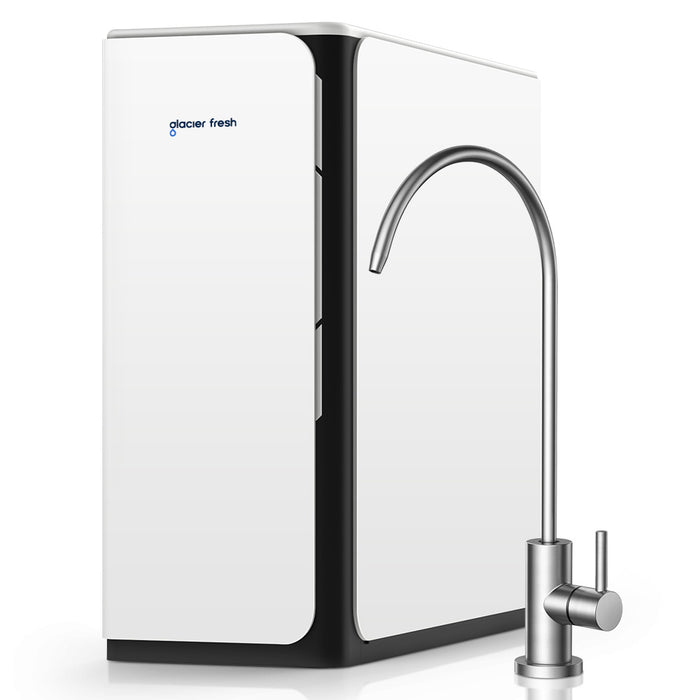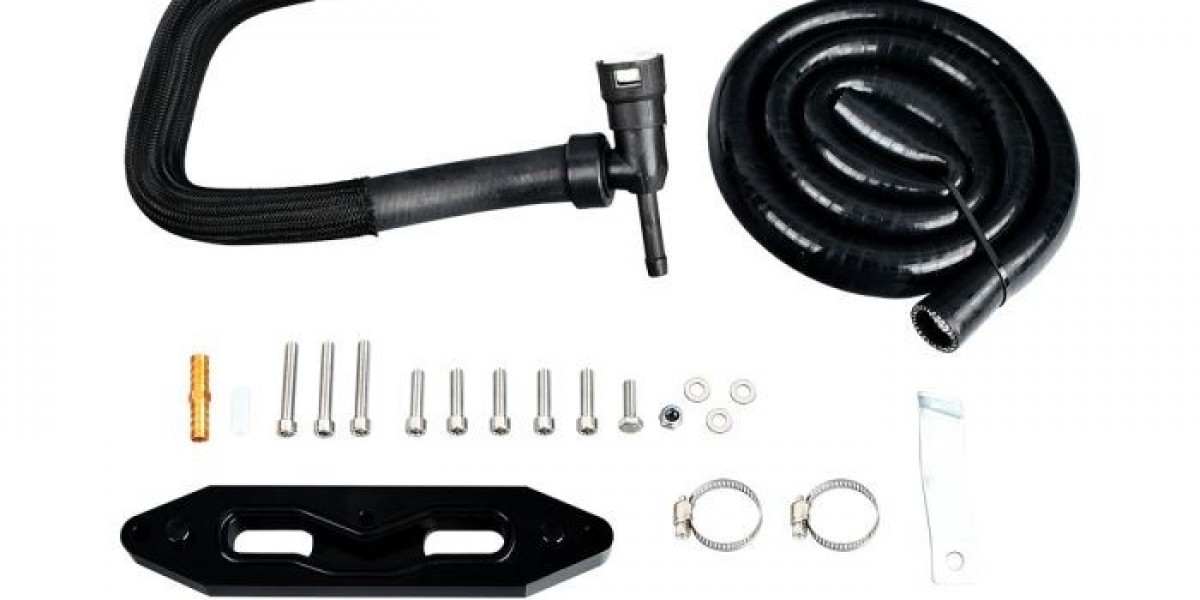Unlock the Secret to Pure Water: Should You Invest in a Whole House Filter?
Clean water is essential for maintaining health and enhancing daily living, yet many households face challenges related to water quality. From unpleasant tastes and odors to harmful contaminants, the issues can be numerous and concerning. As awareness grows about the significance of water filtration, more homeowners are exploring solutions to ensure their water is safe and pure. Among these solutions, whole house water filters have emerged as a popular and effective option. These systems promise to provide clean water for every tap in your home, making them an attractive choice for families looking to improve their water quality. In this article, we will delve into the concept of whole house water filters, exploring their functionalities, benefits, and how they compare to other filtration options available on the market.

Understanding Whole House Water Filters
A whole house water filter is a comprehensive filtration system installed at the point where water enters your home. This type of system is designed to treat all the water used throughout the house, ensuring that every faucet, shower, and appliance dispenses clean water. Whole house filters utilize various filtration technologies, including sediment filters, activated carbon filters, and reverse osmosis systems, each serving distinct purposes. Sediment filters capture larger particles like dirt and sand, while activated carbon filters remove chlorine, volatile organic compounds, and unpleasant odors. Reverse osmosis systems can eliminate a wide range of contaminants, including heavy metals and bacteria. One of the key advantages of a whole house system is its ability to protect plumbing and appliances from scale buildup and corrosion, which can extend their lifespan and enhance overall efficiency. In contrast to point-of-use filters, which only treat water at specific taps, whole house filters offer a more convenient and comprehensive solution that ensures every drop of water is filtered.
Benefits of Investing in a Whole House Filter
Investing in a whole house water filter can bring numerous benefits to your household. First and foremost, the improvement in water quality is often noticeable right away. Homeowners frequently report better-tasting water, as well as the elimination of unpleasant odors that can come from chlorinated tap water. Additionally, these systems can enhance the health of your family by reducing contaminants that may cause illness or allergic reactions, providing peace of mind for parents and individuals with sensitivities. The convenience of having filtered water available from every tap is another major advantage; whether you're cooking, cleaning, or bathing, you can trust that the water is safe. Furthermore, whole house filters help protect your plumbing and appliances from damage caused by hard water and contaminants, potentially saving you money on repairs and replacements in the long run. By ensuring that your water is clean and safe, you also contribute to a healthier lifestyle, which is particularly vital for families with children or individuals with compromised immune systems.
Considerations Before Purchase
Before making the decision to invest in a whole house water filter, there are several important factors to consider. Firstly, assessing your household size and water usage is crucial, as this information will help determine the capacity and type of system you need. Additionally, conducting a water quality test can provide insights into specific contaminants present in your water supply, guiding you in selecting a filtration system tailored to your needs. Budget is another significant factor; while whole house filters can be more expensive upfront compared to other options, they often offer long-term savings through reduced plumbing repairs and appliance maintenance. Moreover, it's essential to factor in ongoing maintenance requirements, such as filter replacements and periodic system checks, to ensure optimal performance. Considering these aspects will help you make an informed decision that best suits your family's needs and circumstances.
Comparing Whole House Filters to Other Options
When considering water filtration options, it's essential to compare whole house filters with alternatives like point-of-use filters and bottled water. Point-of-use filters, such as those installed on kitchen faucets or in pitchers, can be effective for improving the taste of drinking water but may not provide the comprehensive protection that a whole house system offers. Additionally, bottled water, while convenient, can become costly over time and raises environmental concerns due to plastic waste. Whole house filters, on the other hand, offer a one-time investment that provides filtered water for all household needs, making them more economical in the long run. Moreover, while point-of-use filters and bottled water might solve specific issues, they fail to address broader water quality concerns that can affect plumbing and appliances. By weighing the effectiveness, cost, and convenience of each option, homeowners can better determine which solution aligns with their priorities and lifestyle.
Key Takeaways on Whole House Water Filters
In summary, clean water is a vital component of a healthy home, and investing in a whole house water filter can offer significant benefits for families. From improved water quality and convenience to the protection of plumbing and appliances, these systems provide a comprehensive solution to common water issues. As you consider your options, it's essential to evaluate your household's specific needs, budget, and water quality concerns. By doing so, you can make a well-informed choice that will ensure your family enjoys safe and pure water for years to come. Remember, the investment in a whole house water filter is not just about improving the taste of your water—it's about enhancing the overall quality of life in your home.







